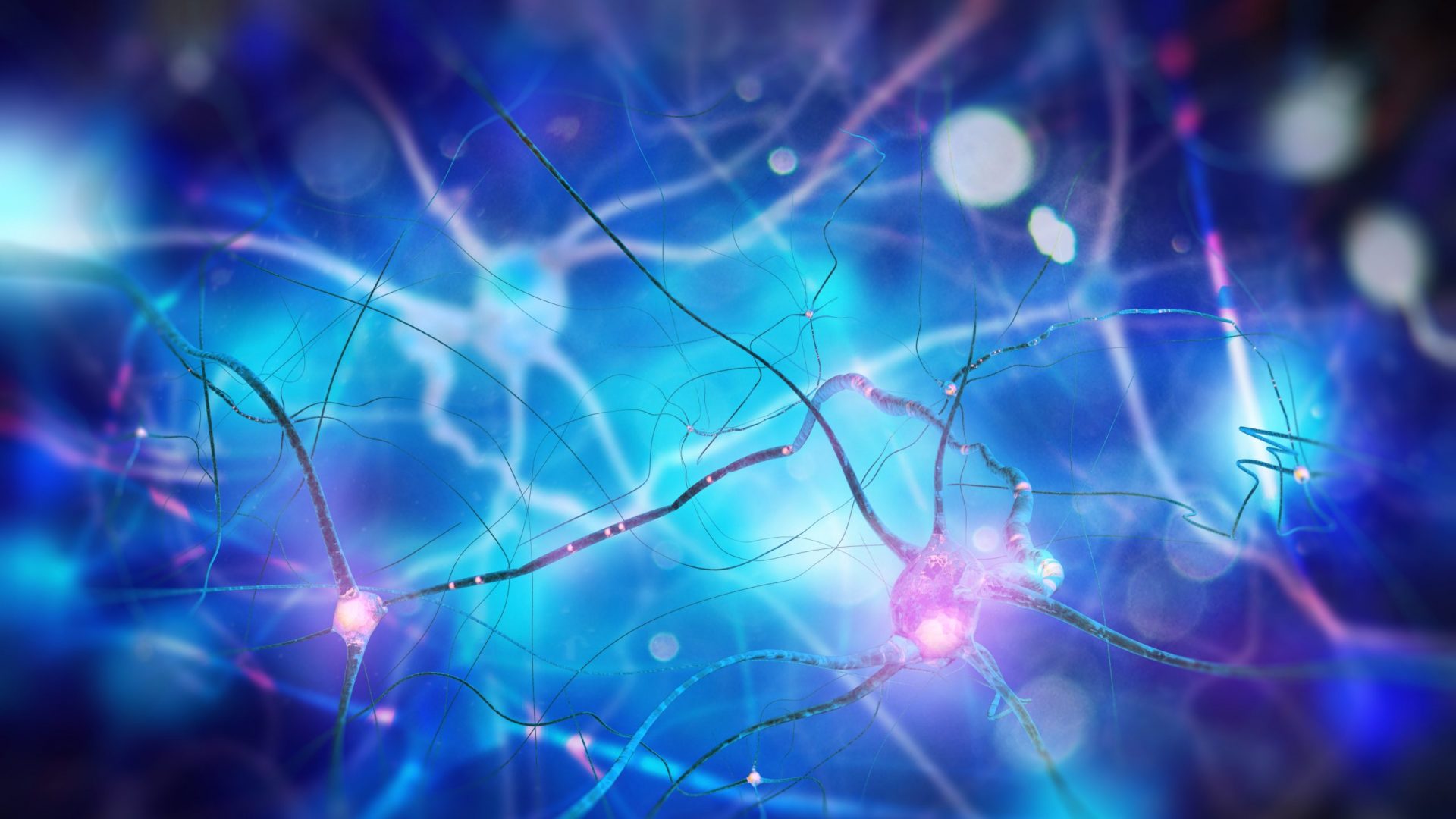
Compassion, is defined by the Cambridge dictionary as “a strong feeling of sympathy and sadness for the suffering or bad luck of others and a wish to help them.”
Life is hard and challenging, at times we face disease, injury, emotional pain and loss. We know that in this chaotic world things can happen to us at any moment, and we are all in this together. No one can escape. So, the more we work together and share our burdens the more this journey becomes bearable.
As the Dalai Lama said, “If you want others to be happy, practice compassion. If you want to be happy, practice compassion.”
While life experiences can diminish our ability to give and receive compassion. These experiences can lead us into neurological loops where we ruminate, over and over, on the negative experiences. However, we can break free through self-awareness and by cultivating compassion. There are a number of studies showing that people practising meditation on loving-kindness for three months actually have more frontal lobe activity than before they started. Through this you can literally change into a more compassionate You. Practising compassion, wires you neurologically to be more compassionate. We learn to open ourselves to the suffering in others, and the suffering in ourselves, then we are in a great position to take some courageous action, to alleviate that suffering.
Compassion, however, is not purely selfless. Compassionate acts connect you to others, however they also connect you to yourself, as a more generative self.
Building compassion starts with building some self-compassion. Your relationship with yourself forms the basis of how you connect or relate to others. If you find it hard to care for yourself then it is harder to care for others, it lowers your tolerance level for characteristics in people that you don’t like. Struggling with self-esteem or self-image can lead to a path of criticism, judgement or condemning people, for their failure or mistakes, breeding those unwanted feelings of insecurity or anxiety, helplessness or even worthlessness.
Compassion requires recognition that deep within you are a good person, with good intentions, and you too are also human.
Compassion is the heart of all we do and of who we are. However, it is not just doing random acts of kindness, or putting up inspiring posts on facebook and it is not always those impromptu moments where you give away what you don’t want to a local charity. That is dumb compassion, Grant Soosalu and Marvin Oka discuss this, where dumb compassion is when you have not integrated the head, heart and gut before taking wise action. For example, when working with a homeless charity I learned that giving the homeless on the street cash does not help them re connect into society. It may feed a habit or an empty tummy (in the short term), but it does not help them get off the street or change their circumstances. However, if we give to homeless action charities they can invest in the physical, social and relational needs of the homeless. Their mission is to empower each person to once again find their way in society. To listen to them, feed them, teach them, counsel them. This is what the homeless need and our money is more wisely and compassionately spent supporting these organisations. Previously, our hearts felt their suffering and our guts wanted to act by giving money, but unless we engaged with the information and knowledge of how to actually help change their situation for the longer term and higher good, it is not smart compassion.
mBraining talks of our Highest Expressions for each of our brains: a representation of us being our best selves. When we communicate with the three brains, align the brains, so they are all pulling in the same direction, empower Higher Expressing of whole self, then wisdom emerges.
Compassion is therefore only truly compassion when, not only does it come from a heart of compassion, but when it is also aligned with the creativity of our head brain (where we have knowledge and understanding), and the courage of our gut brain (our motivation to take action, understanding what that says about who we are and the risks we face). True compassion speaks to knowing, connection and acting. To love and to do. To care and to look after. It is practical and supernatural, it is logical and idealistic, it is a giving and receiving of yourself to the world.
This is a short reading from mBraining: Using your multiple brains to do cool stuff exploring Compassion. It is an audio file and is a partner to the Discovery Exercise audio file on Compassion
“A compassionate heart is a heart that loves. It’s also a heart that cares and connects, a heart that gives and forgives, and a heart that actively reaches out to help others in need.it is a heart that heals” ~ Grant Soosalu
Introduction to compassion
This is a guided discovery into compassion – especially self compassion. Please ensure you are not driving, or doing anything where placing your attention on this track would be of any risk.
“Compassion is a natural expression of the fully integrated ‘YOU’ as a conscious human being, aware of your interconnectedness with all other living beings” ~ Grant Soosalu
Compassionate self-connection
This exercise will help you explore compassion at a highest expression of yourself.
Self-compassion break
This is a great practice to keep tucked in your back pocket to pull it out whenever you experience a moment of difficulty. It only takes a minute to apply in daily life and is based on a practice created by Kristin Neff.

